 Dallas Morning News,
Dallas Morning News,
Each week we will post a question to a panel of about two dozen clergy, laity and theologians, all of whom are based in Texas or are from Texas. They will chime in with their responses to the question of the week. And you, readers, will be able to respond to their answers through the comment box.
Leaders of the Evangelical Immigration Table will meet on Capitol Hill Wednesday to continue praying for and advocating for a broad immigration reform. In other words, they want a package that goes beyond simply securing the border.
This group has a long list of supporters. They represent evangelicals from both conservative and liberal traditions. And they have a set of principles that guide their work. You can read all of this at this link:
This group also gathers regularly and continues to press for reform. Their outreach includes meeting with legislators, reaching out to media and generally lifting up Capitol Hill in prayer. They also are attracting press because evangelicals were not as outspoken for change back in 2007, when the last immigration debate took place. Here is an article from The Atlantic that details their work.
But this debate is about to get into some brutal politicking. The GOP-led House is clearly not interested in going as far as the Democratic-led Senate in crafting a comprehensive plan. For example, most House Republicans do not appear very eager to grant illegal immigrants a chance to earn citizenship or some kind of legal status.
Yet evangelicals could be the trump card. The Atlantic piece described the role of evangelicals this way, quoting Ali Noorani of the pro-reform National Immigration Forum: “Pro-reform groups view these efforts as essential. ‘I don’t think a House vote happens without evangelicals,’ Noorani said. ‘The only reason it happens is because evangelicals are engaged.’”
So, my question is this: How hard should evangelicals — or any other religious groups in favor of immigration reform — push for change?
This debate is not likely to move ahead in the House without a great deal of arm-twisting. But is that the role for people of faith?
NITYANANDA CHANDRA DAS, minister of ISKCON (International Society for Krishna Consciousness), Dallas
Every spiritual minded person must stand strong against activities that are in opposition to spiritual principles. However those who have deeper spiritual realizations may have a different battle than those of lesser realizations. For example, one party may be fighting against the symptoms of ignorance and the other party may fight against the root cause of it. Both are doing great work according to their realization, however the latter group's action will have a deeper, more profound effect. For the cause may have many symptoms, which people can address separately, but if you cure the cause the symptoms disappear.
The ultimate cause of difficulties and injustice is that people misidentify themselves with their temporal material body rather than seeing that the soul/consciousness is separate, transcendent, and eternally related to God with love.
To see all responses of the TEXAS Faith panel click here.

 Dallas Morning News,
Dallas Morning News, The more we connect with Krishna, God (God has many names), the more we feel satisfied. Thus the propensity of selfishness gradually recedes. This connection can easily by established by calling on God’s holy names such as Hare Krishna.
The more we connect with Krishna, God (God has many names), the more we feel satisfied. Thus the propensity of selfishness gradually recedes. This connection can easily by established by calling on God’s holy names such as Hare Krishna.
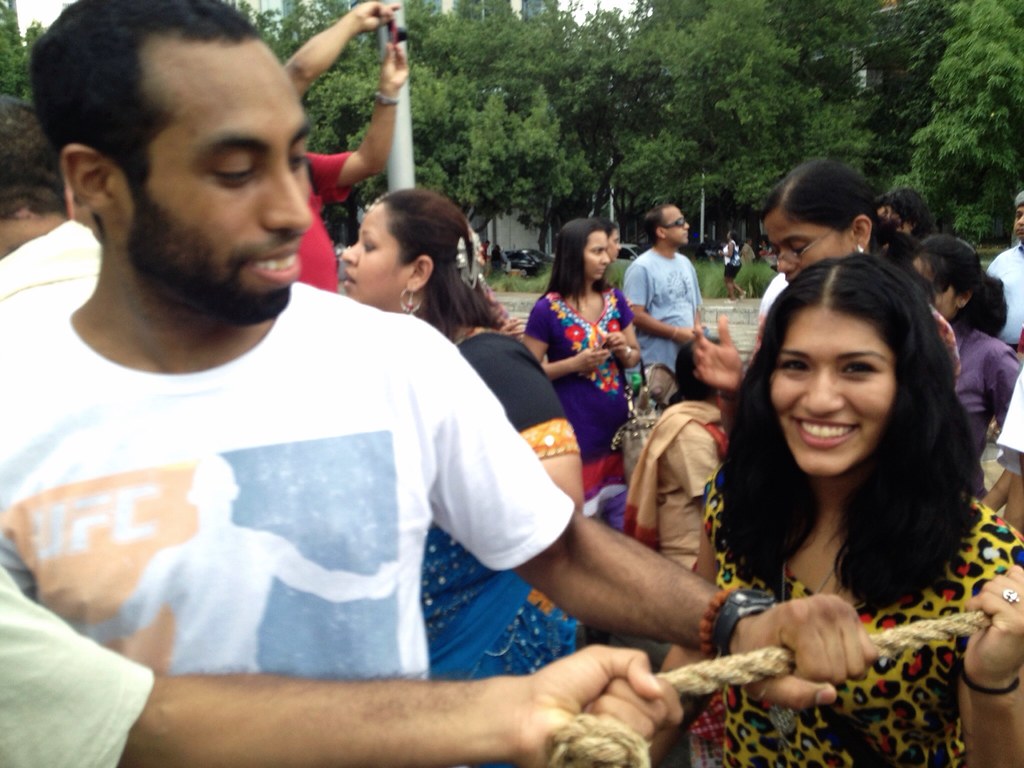
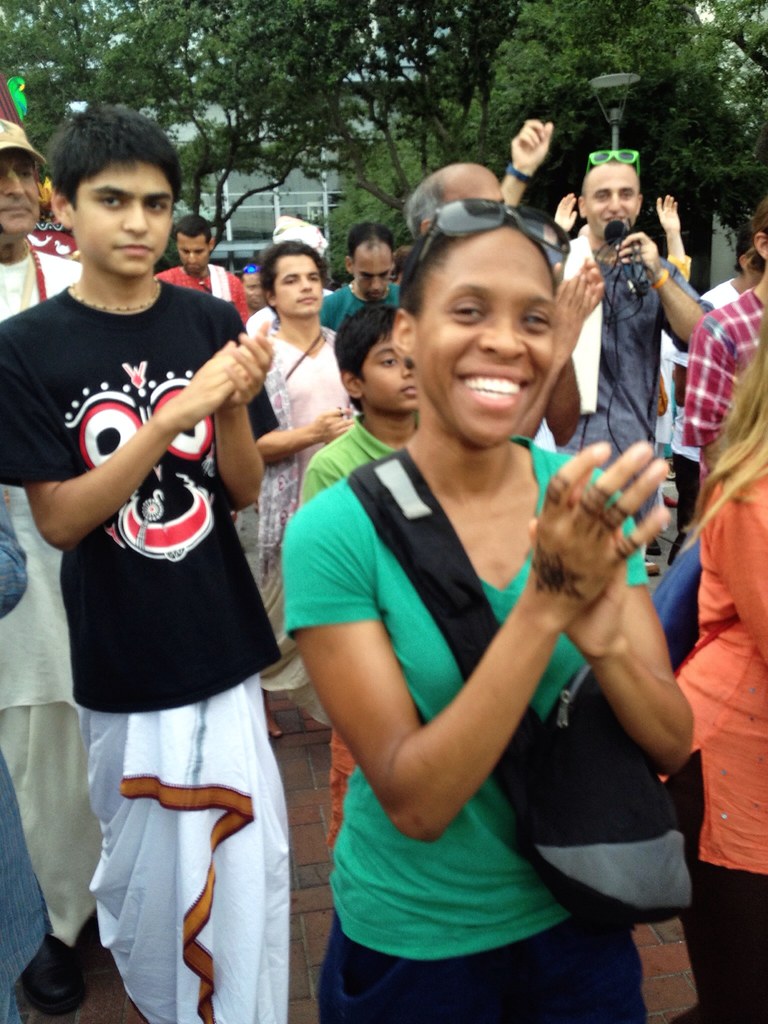
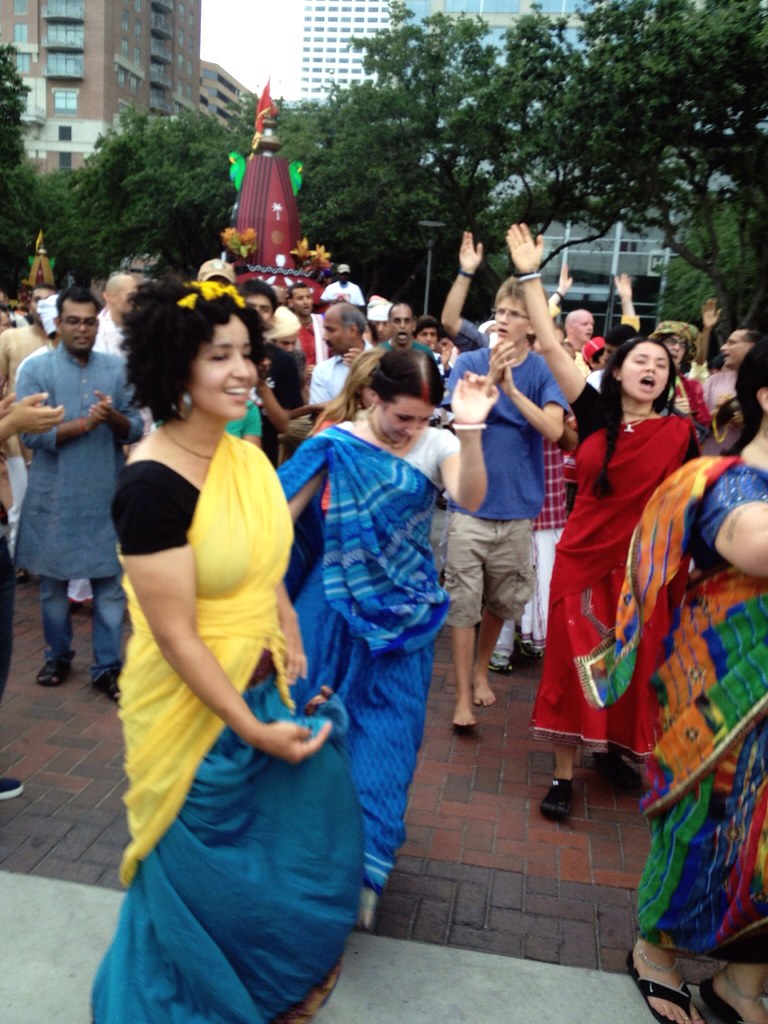
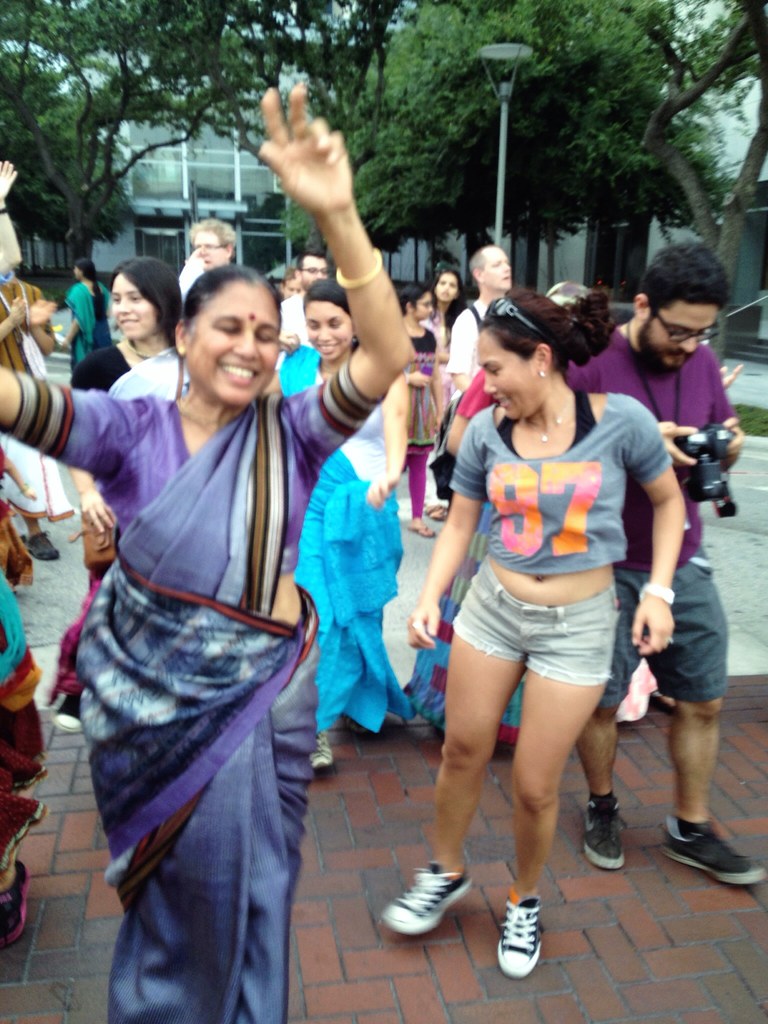
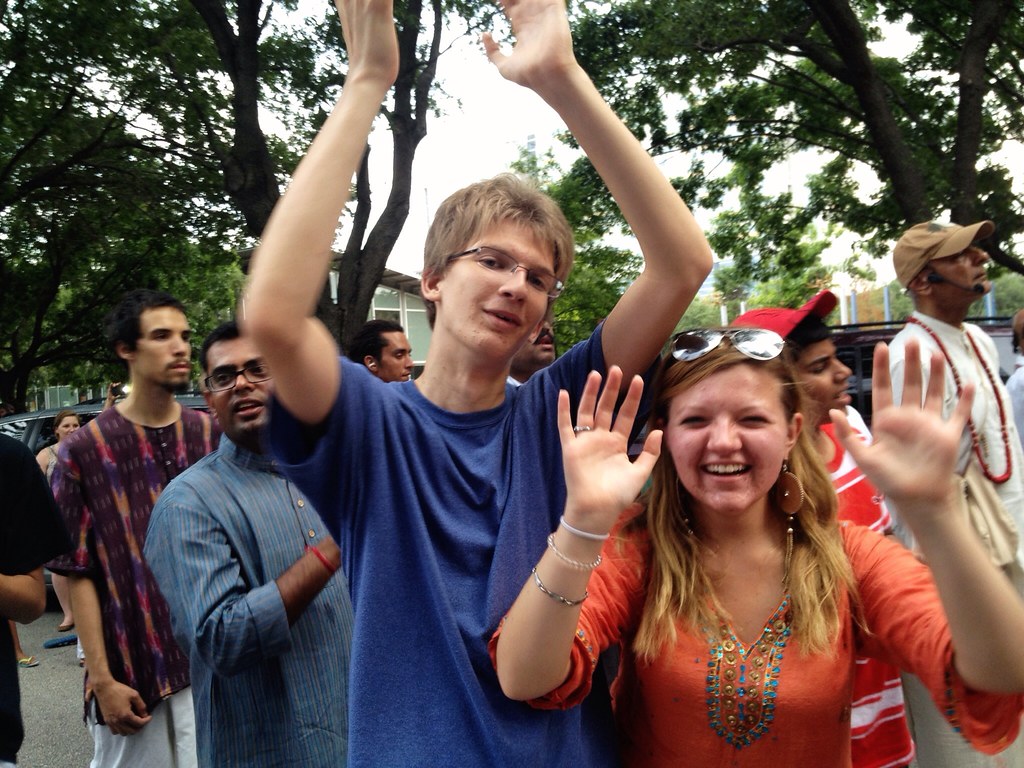
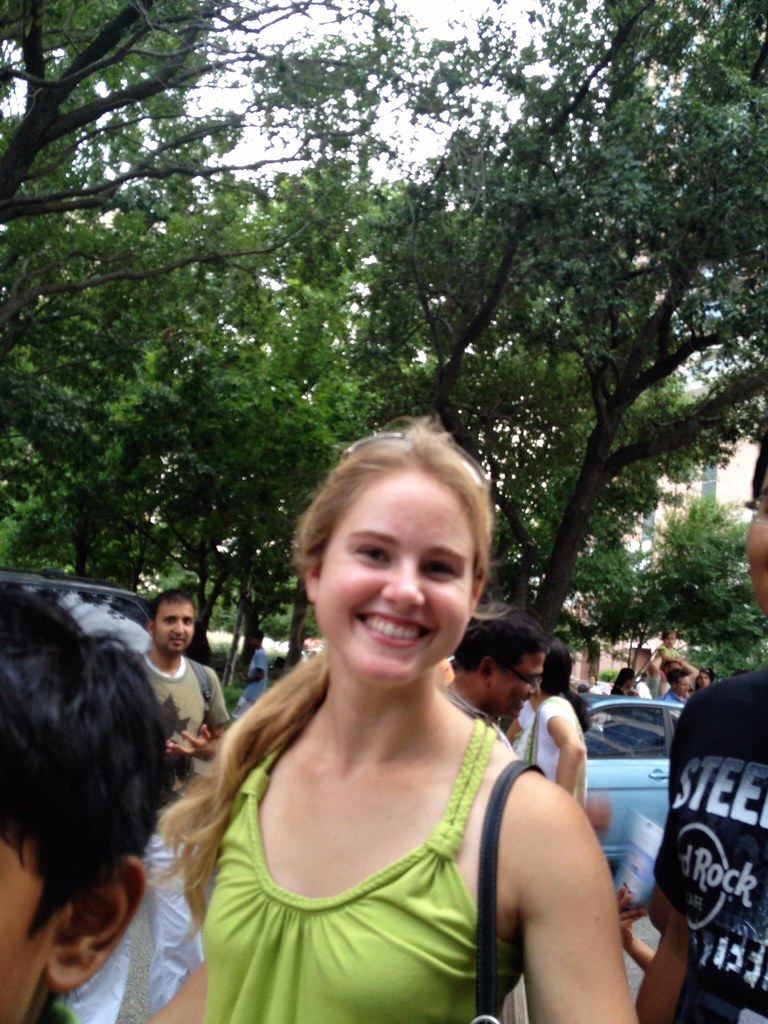
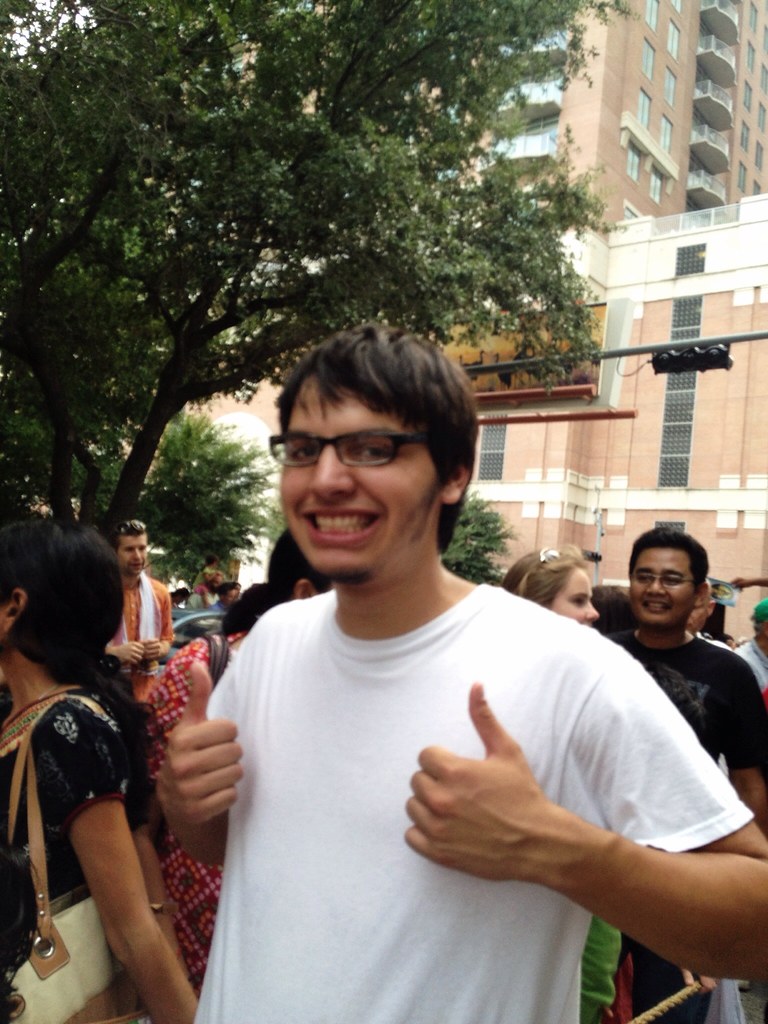
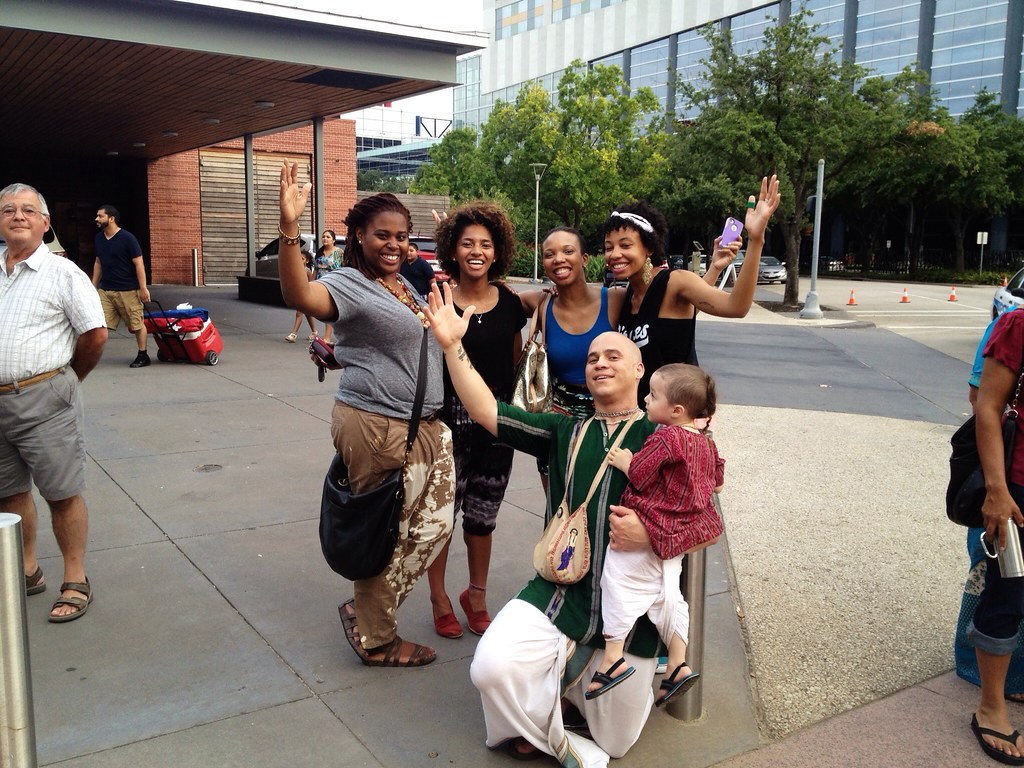
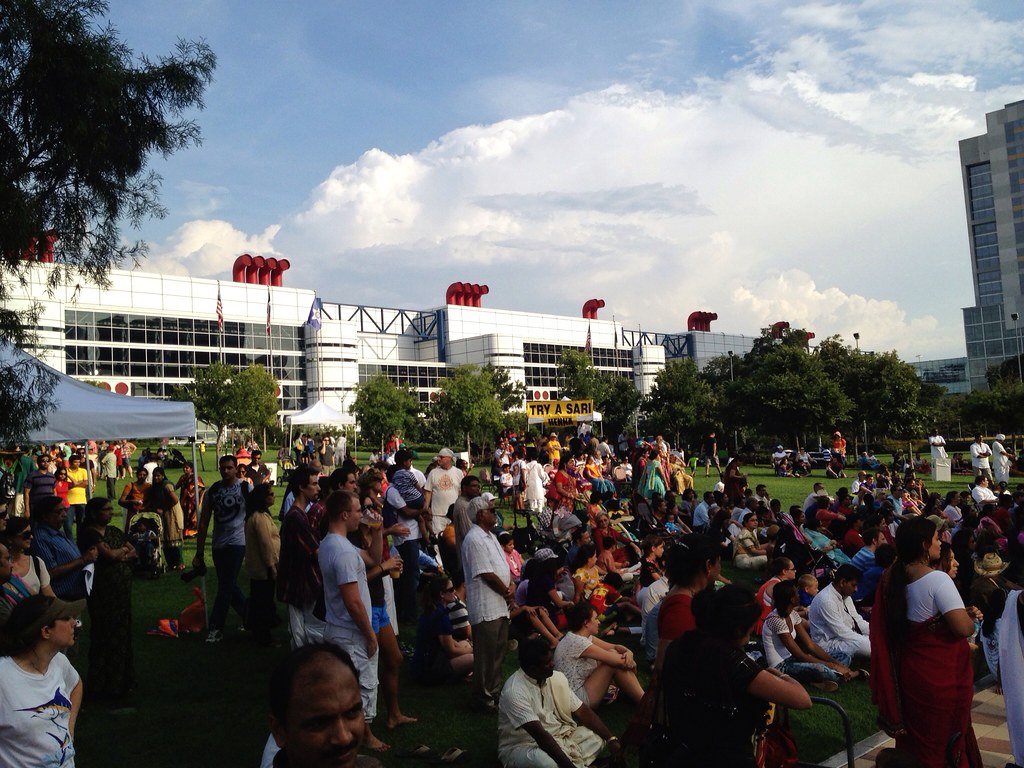

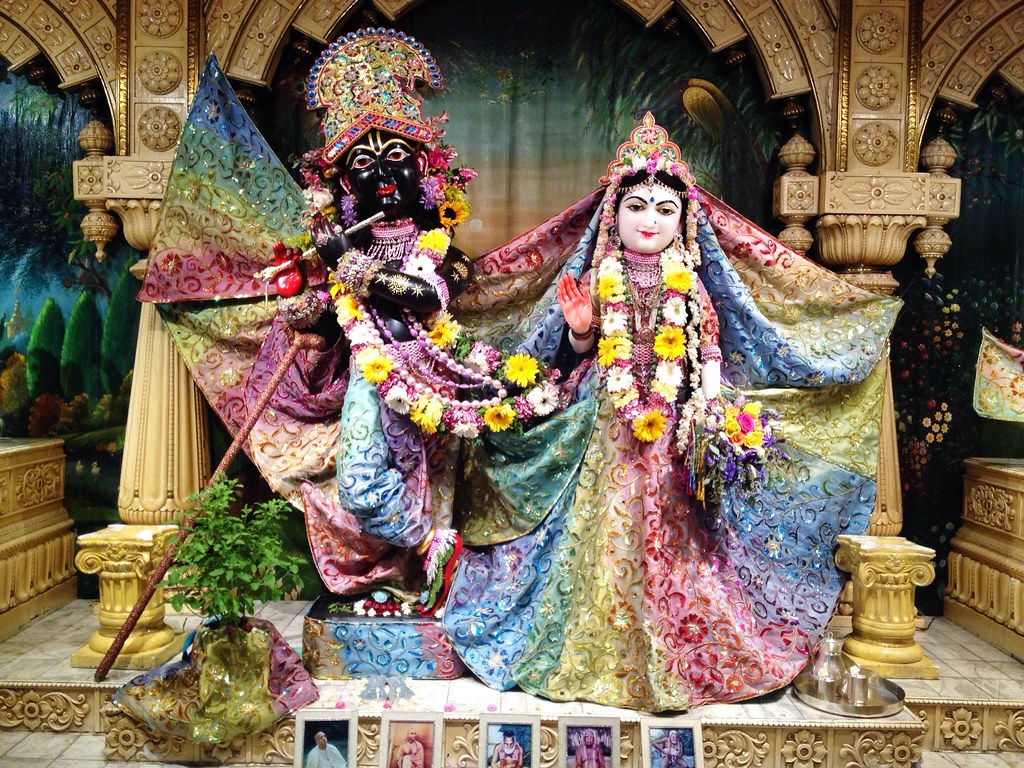
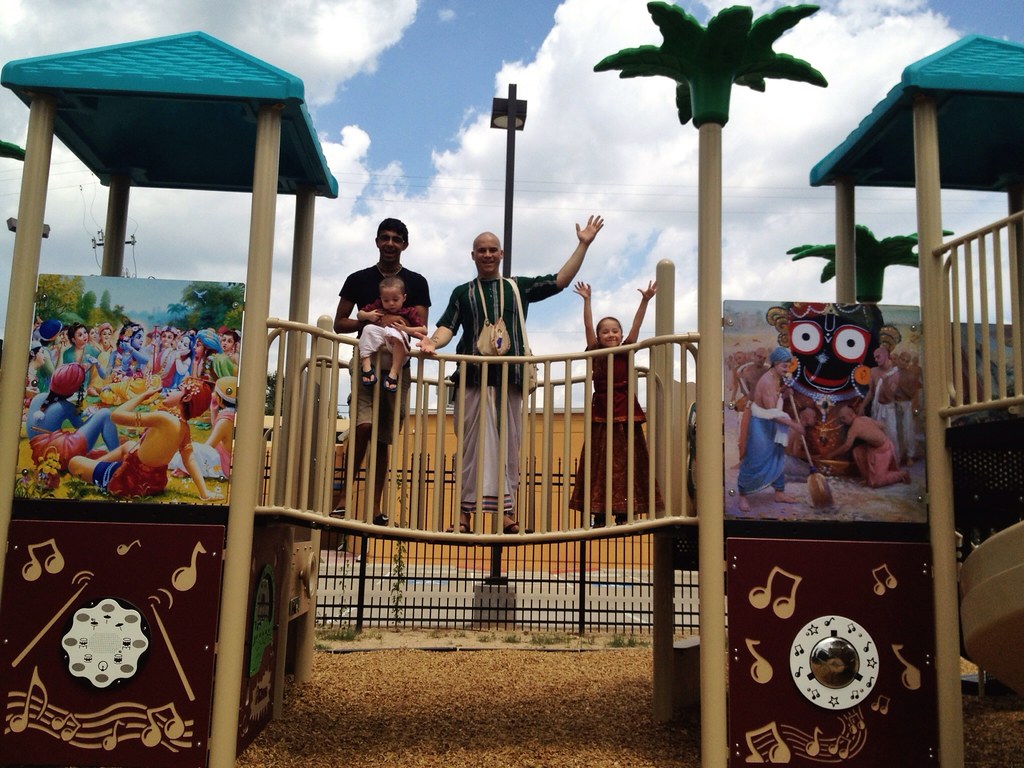
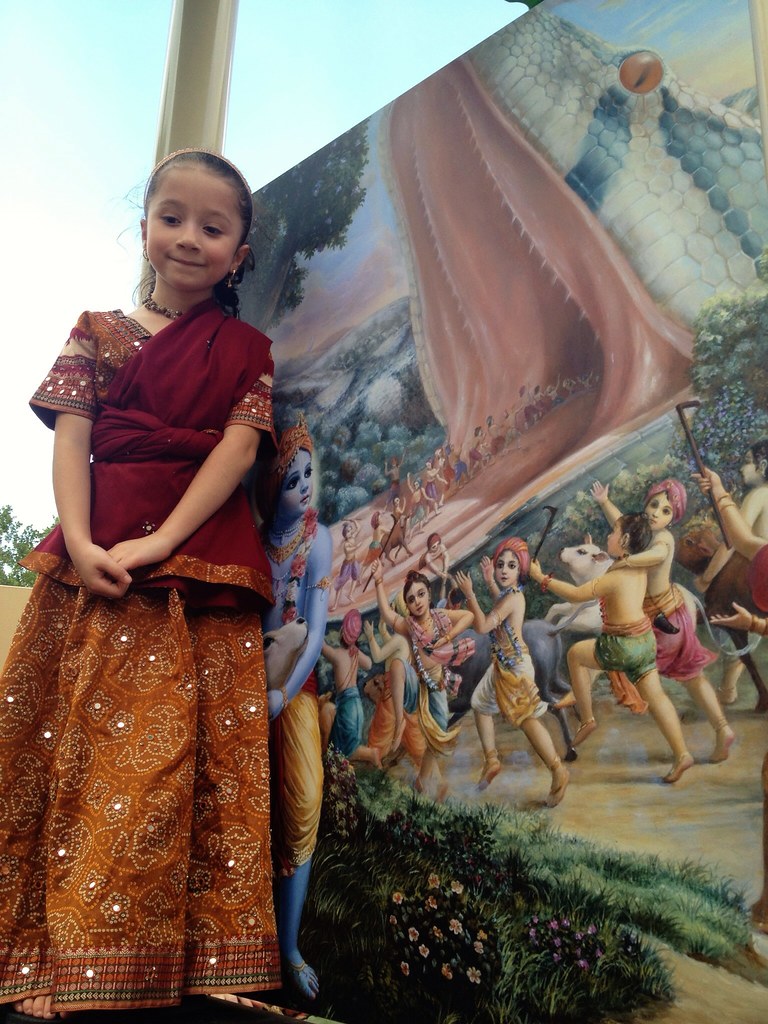
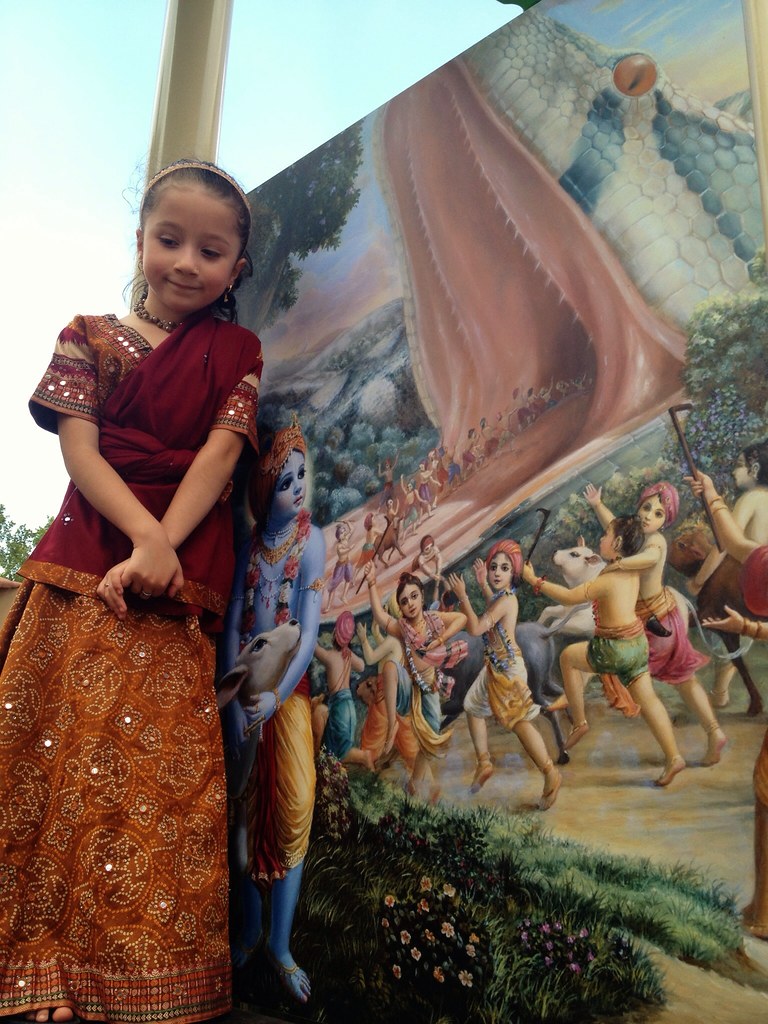
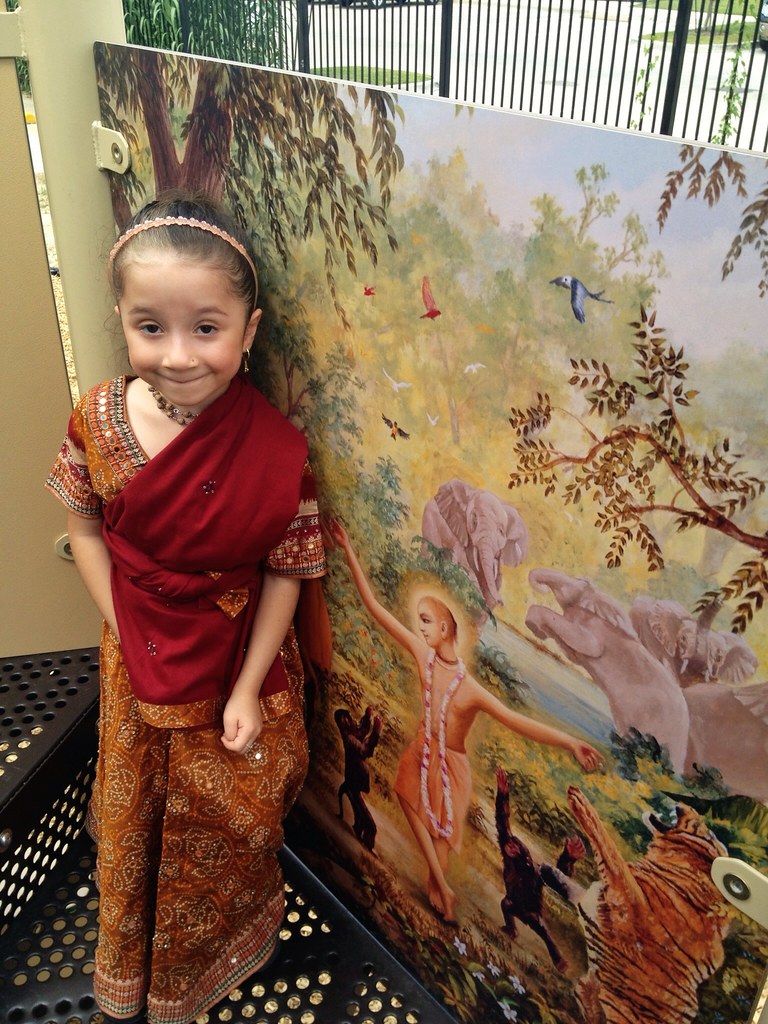
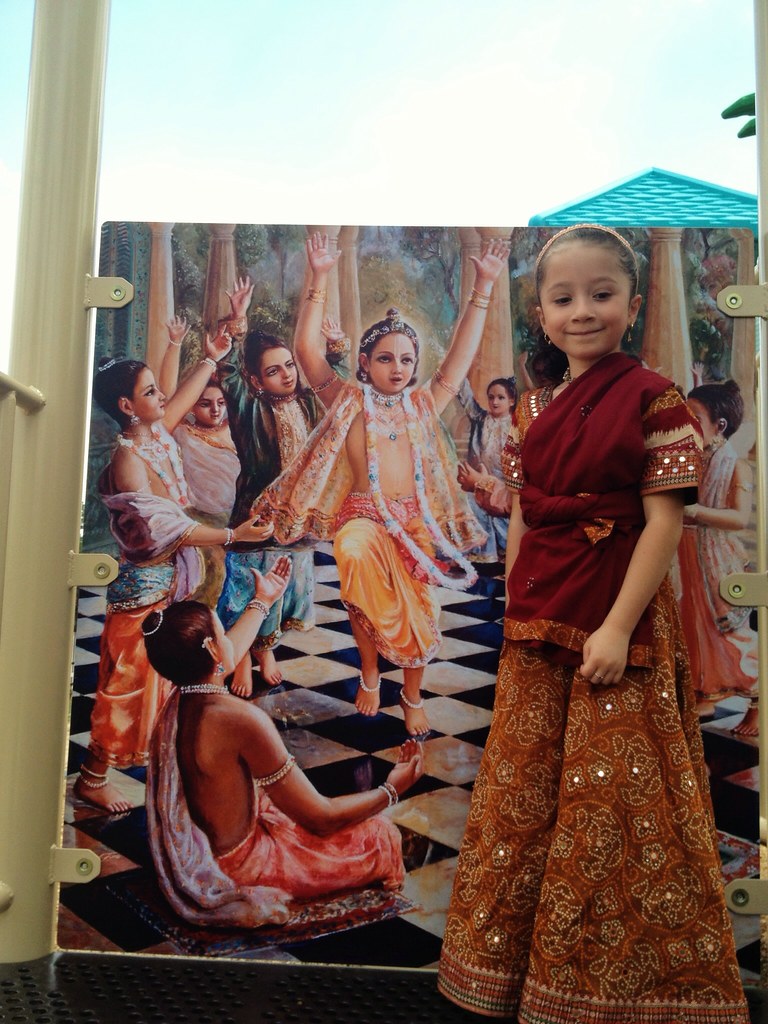
 On the relative platform there was no moral issue with citizens using deceptive means when they are ruled by a deceptive government. It would not be the same if modern government were led by those who are not self interested.
On the relative platform there was no moral issue with citizens using deceptive means when they are ruled by a deceptive government. It would not be the same if modern government were led by those who are not self interested.
